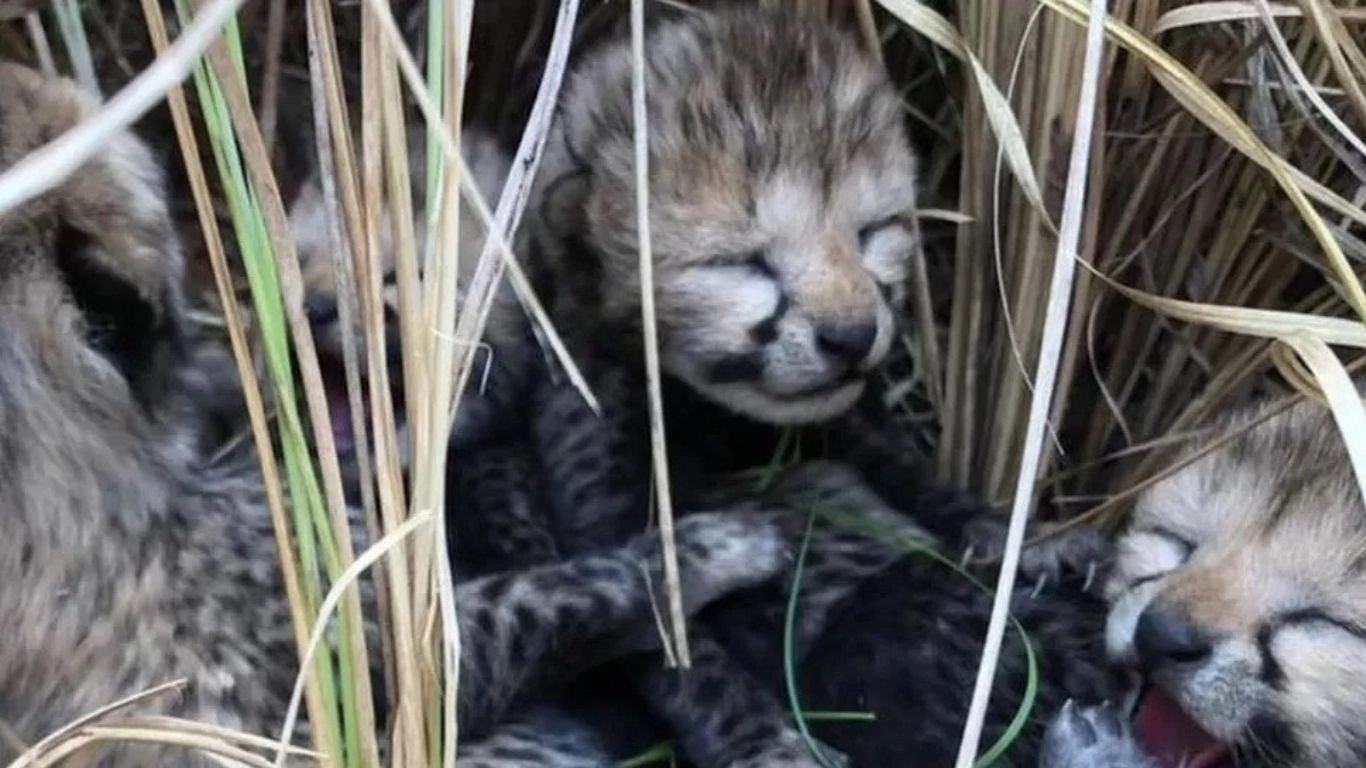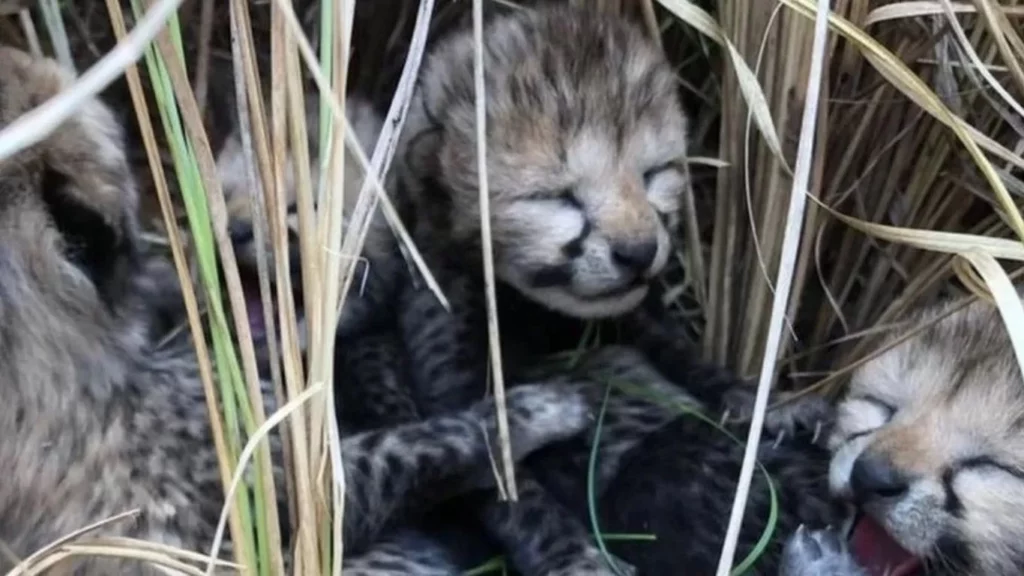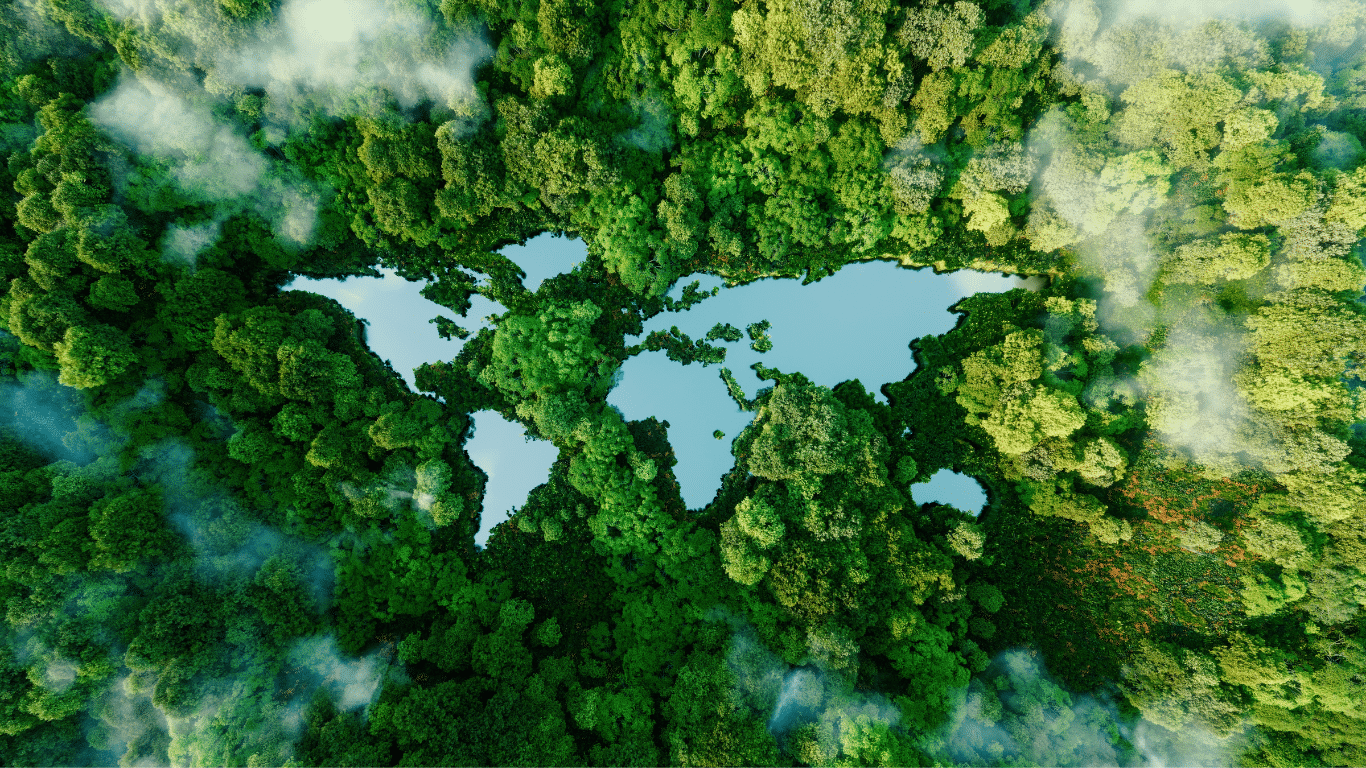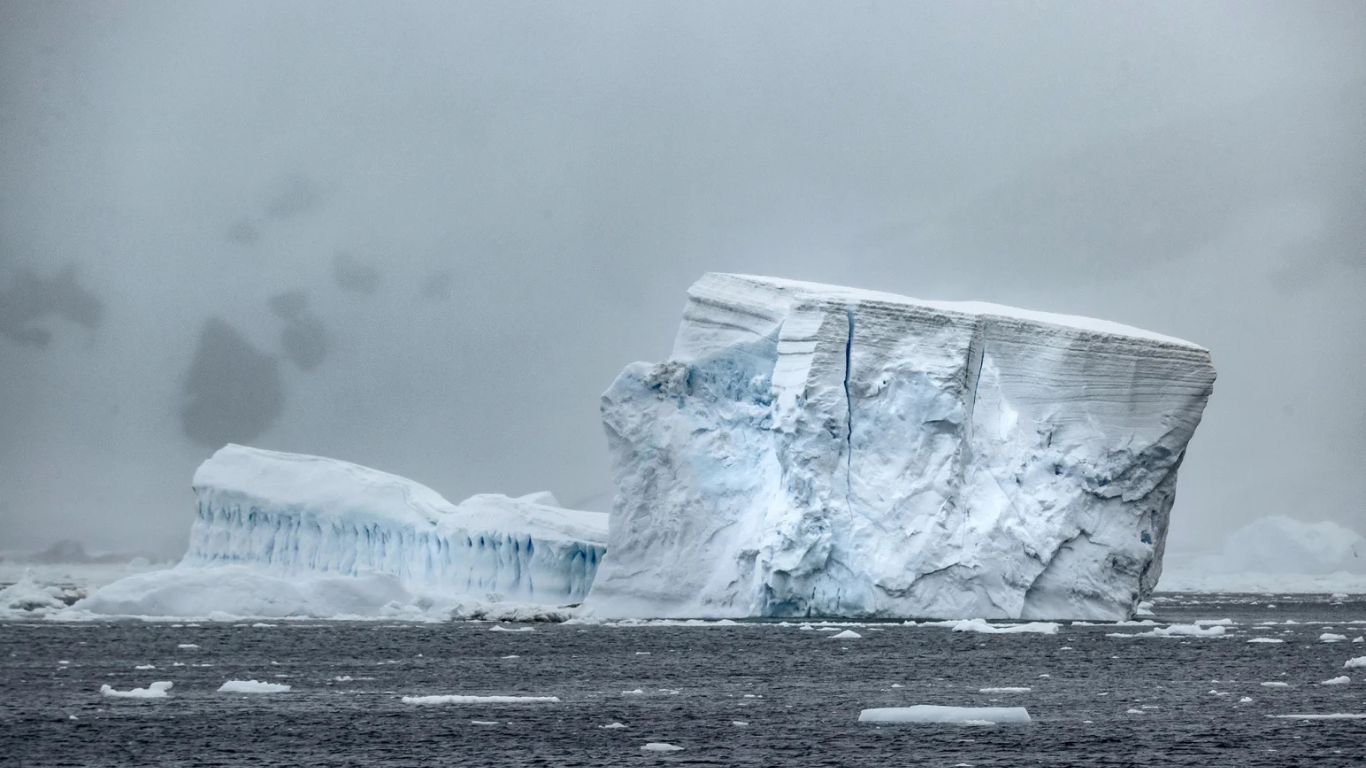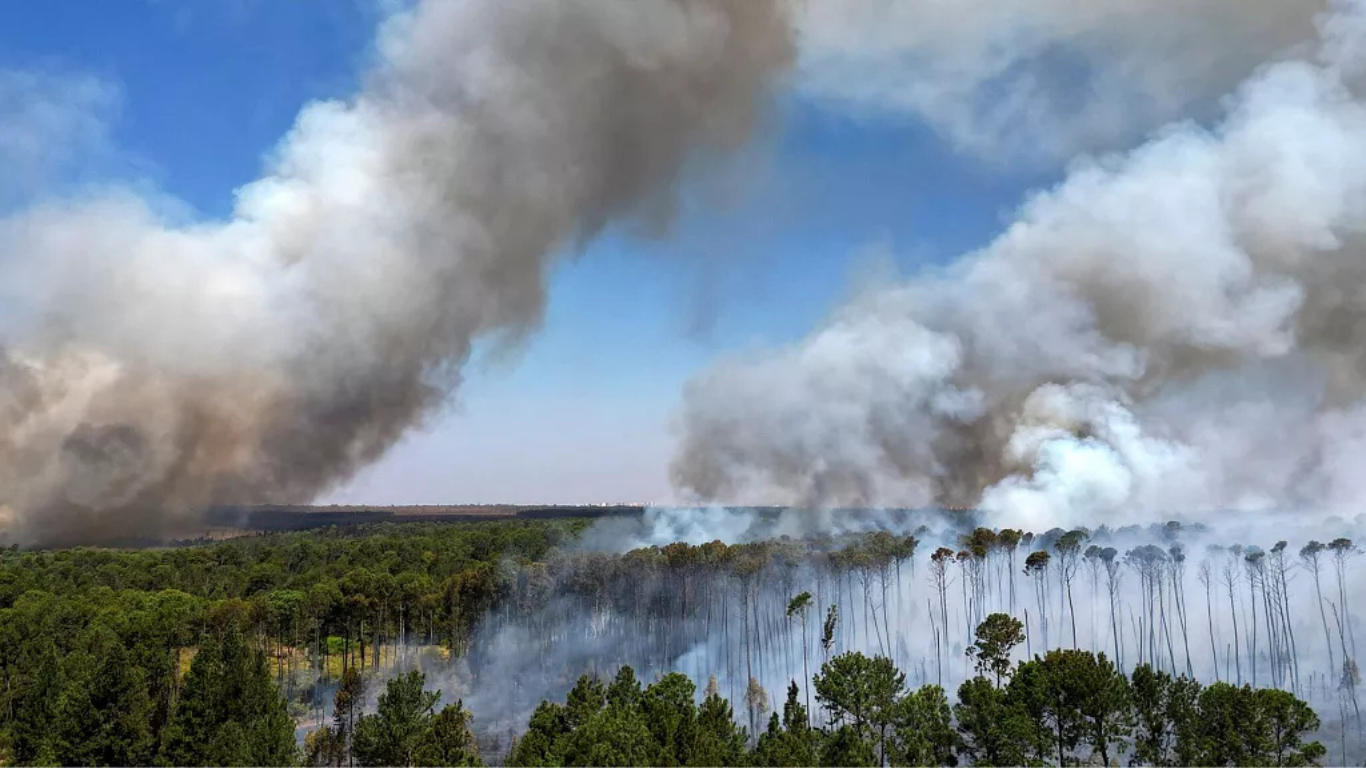Article written by Associated Press in Delhi
Originally published by The Guardian (Fri, May 26, 2023)
Mother among 20 of the big cats flown in from Africa as part of plan to reintroduce animal to country
Three cheetah cubs born to a big cat that was brought to India from Africa last year have died in central India’s Kuno national park in the past week as a heatwave in the region sent temperatures soaring.
The cubs were the first to be born in India in more than seven decades. Once widespread in India, cheetahs became extinct in 1952 from hunting and habitat loss. Their mother was among the 20 cheetahs India flew in from Namibia and South Africa as part of an ambitious and hotly contested plan to reintroduce the world’s fastest land animal to the South Asian country.
The first cub died on Tuesday, prompting veterinarians in the national park in Madhya Pradesh state to closely monitor the mother and her three remaining cubs. The cubs appeared weak on Thursday afternoon – a day when temperatures reached 47C (113F) – and authorities intervened to help the cats.
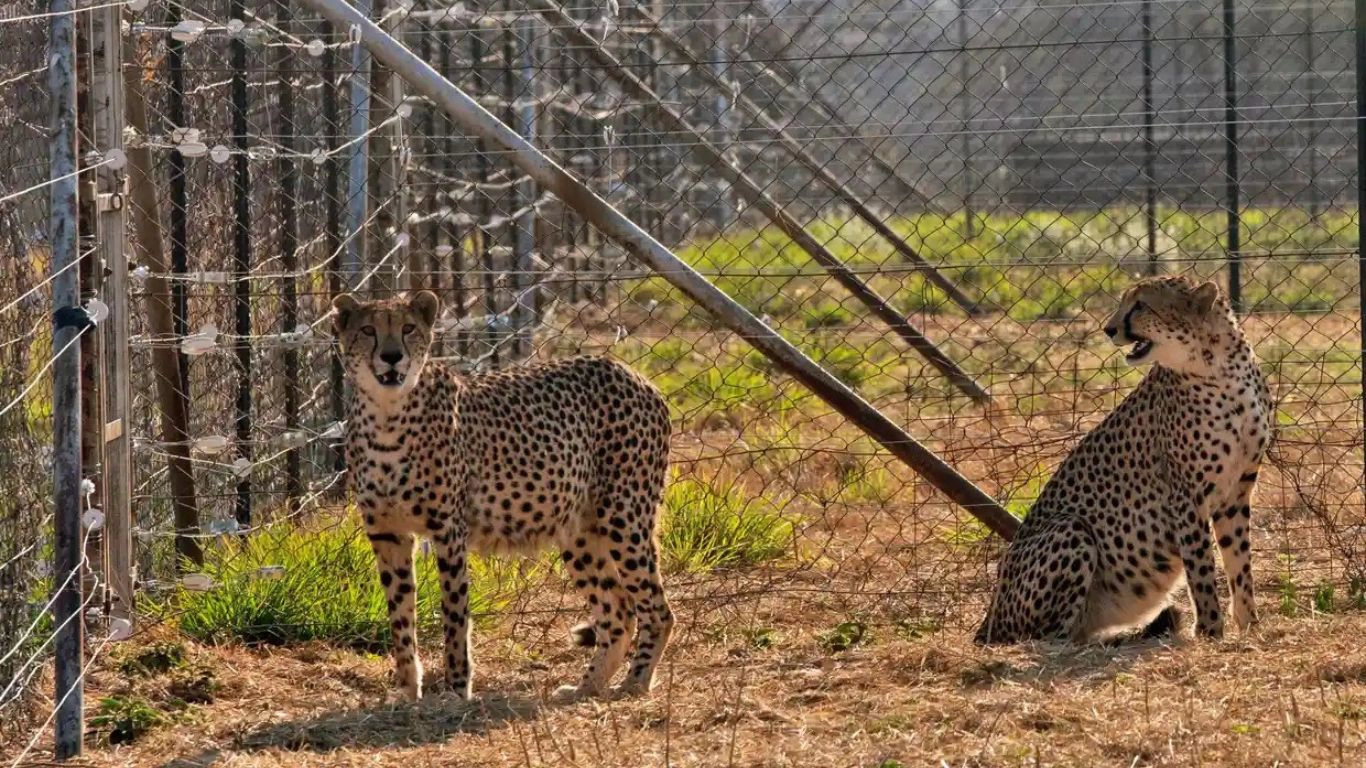
They were “weak, underweight and highly dehydrated” and two of them later died, forest officials said in a statement on Thursday.
The last surviving cub is being treated in a critical care facility.
Officials did not say what caused the deaths but a scorching heatwave in India is believed to have weakened the cubs. The survival rate of cheetah cubs both in the wild and captivity is low, according to experts.
The cats were introduced with much fanfare and the Indian prime minister, Narendra Modi, had said the cats would bolster efforts to conserve India’s neglected grasslands. But of the 20 adult cheetahs imported to India, three – two females and a male – have died.
Fewer than 7,000 adult cheetahs remain in the wild globally, and they inhabit less than 9% of their original range. Shrinking habitat, due to the increasing human population and climate change, is a huge threat.
Banner credit: @BYADAVBJP/Twitter

